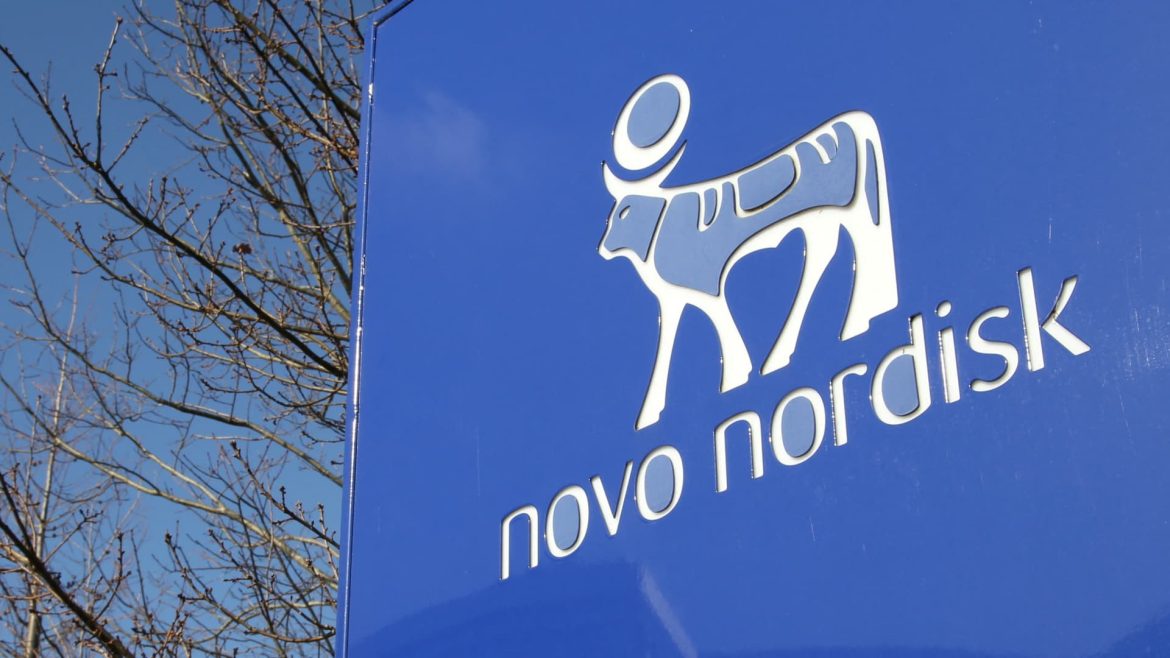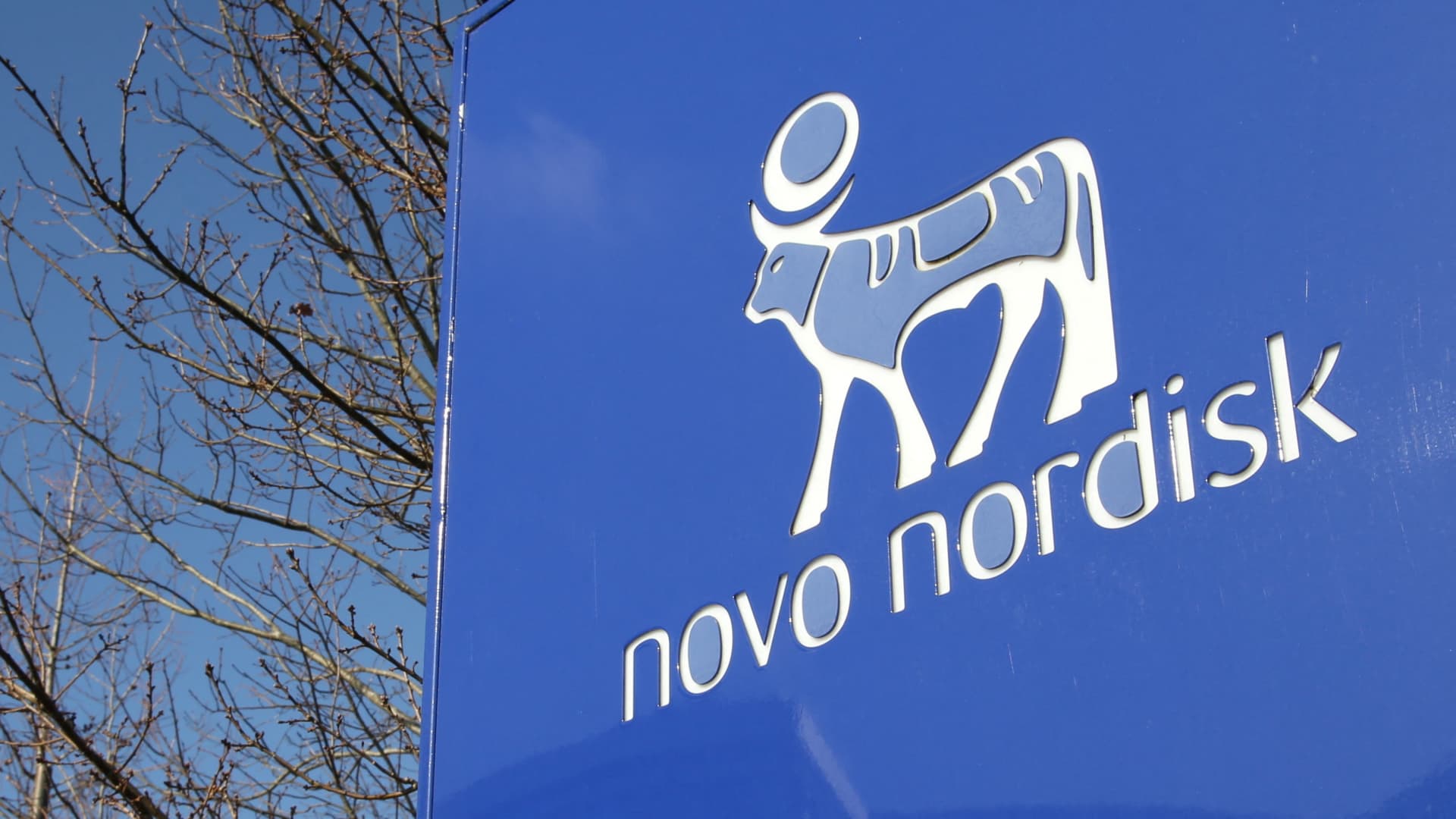Novo Nordisk’s Recent Turbulence in the Weight Loss Drug Market
The global weight loss drug market has rapidly evolved into a fiercely competitive arena dominated primarily by two pharmaceutical giants: Denmark-based Novo Nordisk and the U.S.-based Eli Lilly. Once the undisputed leader with its blockbuster obesity drug Wegovy, Novo Nordisk now faces mounting challenges that have culminated in significant corporate shifts, notably the ousting of its longtime CEO Lars Fruergaard Jorgensen. A detailed examination of recent developments reveals the multifaceted pressures threatening Novo Nordisk’s market dominance and the strategic moves underway to reclaim its position.
The Rise and Challenge of Novo Nordisk’s Wegovy
Novo Nordisk initially gained a commanding lead with Wegovy, a GLP-1 receptor agonist injection that transformed weight loss therapies and struck a chord amid growing obesity concerns worldwide. Its innovation was praised for delivering remarkable efficacy in reducing body weight, helping it secure an early-mover advantage and substantial market share. The company invested heavily, including plans for a $6 billion manufacturing boost, to address supply shortages and meet soaring demand, underscoring its commitment to maintaining dominance.
However, the competitive landscape shifted as Eli Lilly’s weight loss drugs, including Mounjaro (for diabetes) and Zepbound (for weight management), gained swift regulatory approvals and market traction. Industry analysts highlighted that Eli Lilly’s products have at times demonstrated superior or comparable results, drawing patient and prescriber interest away from Wegovy. Moreover, Eli Lilly’s agile scaling of production capacity and aggressive pricing strategies intensified pressure on Novo Nordisk’s market share and stock valuation.
Implications and Impact of Leadership Change
In response to these pressures, Novo Nordisk made a dramatic leadership decision by replacing CEO Lars Fruergaard Jorgensen. This abrupt CEO transition signals the company’s recognition that retaining first-mover advantage requires refreshed strategic vision and operational execution amidst an increasingly crowded field. The departure followed a sharp drop in Novo Nordisk’s share price, reflecting investor concerns over lost momentum and the risk of falling behind a rapidly advancing competitor.
The leadership change places a spotlight on the new executive’s mandate: to close the widening gap with Eli Lilly, fend off rising rivals, and efficiently scale production to resolve persistent supply challenges. This is not merely an operational hurdle but a strategic imperative crucial to sustaining investor confidence and regulatory goodwill as Novo navigates global markets and growing legislative scrutiny over drug pricing, especially in the U.S. where pricing debates and Senate hearings have heightened.
Market Dynamics: Competition, Innovation, and Pricing Pressures
The weight loss drug segment stands at the confluence of innovation, public health urgency, and commercial opportunity. Beyond the Novo Nordisk and Eli Lilly rivalry, the market is becoming more fragmented with smaller biopharma companies entering the field, seeking to develop novel, more convenient, or more affordable alternatives. This proliferation of therapeutic options could further erode pricing power and market dominance of the current leaders.
Additionally, the competitive duel is intensifying around newer formulations. The potential of oral weight loss drugs, such as Eli Lilly’s emerging offerings, threatens to disrupt the injectable dominance that benefited Novo Nordisk’s Wegovy. Patient preference, ease of administration, and cost will be critical differentiators in the coming years.
Supply constraints have also been a chronic issue that hampers growth and customer satisfaction. Novo’s $6 billion investment in manufacturing capacity aims to address this bottleneck, but execution against scaling demands is complex and time-sensitive. Any delays could cede additional ground to nimble competitors with robust supply chains.
Investor and Market Sentiment: Navigating Uncertainty
The market has reacted sharply to these developments, with Novo Nordisk’s stock experiencing notable declines following CEO upheaval announcements and strong competitor news. Despite the volatility, some observers emphasize that both companies, including Novo Nordisk, benefit from the overall soaring demand for weight loss therapies. The sector’s projected multibillion-dollar expansion by 2030 means both dominant players still possess significant growth potential if they adapt effectively.
Investor sentiment reflects cautious optimism hinging on Novo Nordisk’s ability to innovate next-generation drugs, expand manufacturing, and craft strategic alliances or pricing models that can outmaneuver Lilly’s advances. The company’s legal victories against generic or compounding copies of its drugs offer some protection of its intellectual property, but the broader market pressures remain formidable.
Conclusion: A Pivotal Moment for Novo Nordisk’s Weight Loss Drug Future
Novo Nordisk stands at a critical crossroads. The company’s initial leadership in weight loss pharmacotherapy was groundbreaking, but the escalating rivalry with Eli Lilly, coupled with emerging market entrants and systemic challenges, demands urgent strategic recalibration. The CEO replacement embodies this shift—a gamble on renewed leadership to harness innovation, operational excellence, and competitive agility.
If Novo Nordisk successfully leverages its manufacturing expansion, accelerates next-generation drug development, and revitalizes its commercial strategy, it can still reclaim its weight loss drug edge and sustain its influential role in biopharma. However, failure to adapt swiftly risks losing its hard-won market position to Eli Lilly and a growing cohort of challengers eager to capitalize on one of healthcare’s fastest-growing sectors.
This ongoing saga underscores the brutal realities of pharmaceutical innovation races; early invention does not guarantee lasting dominance without continuous adaptation and robust execution in an unforgiving competitive marketplace. As obesity treatments become increasingly mainstream and lucrative, Novo Nordisk’s trajectory will be watched closely as a bellwether for industry dynamics and leadership in complex global markets.





